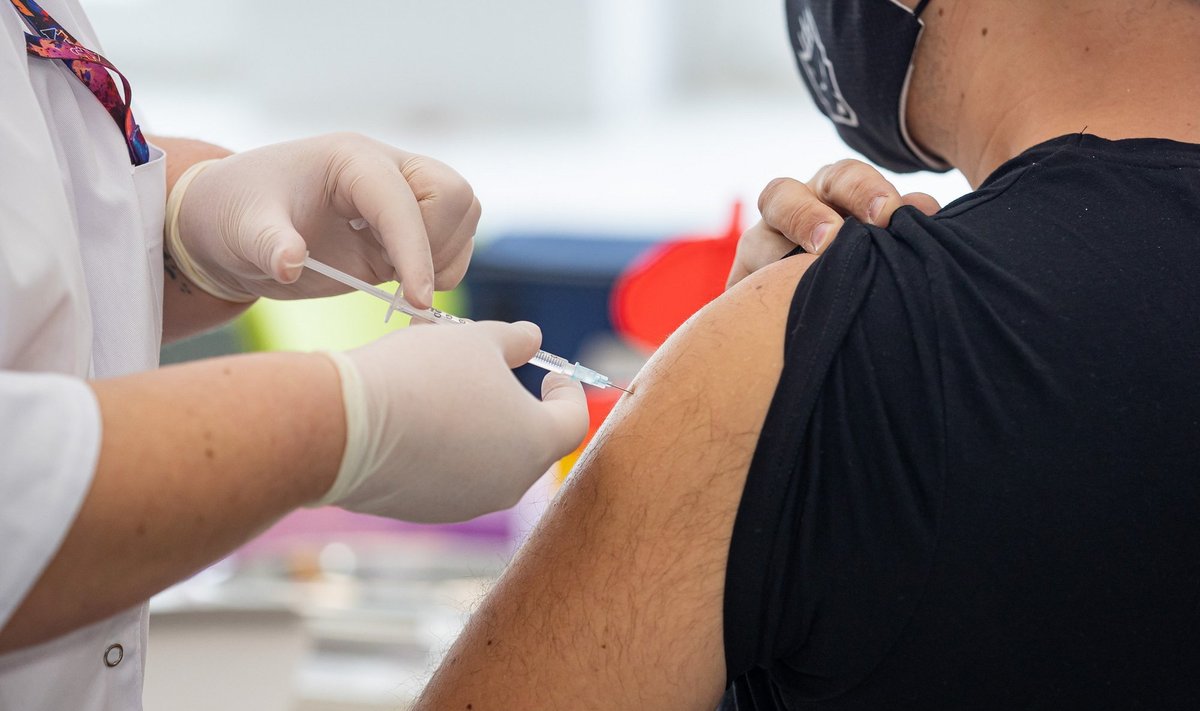"I believe that timing will coincide and on the day when we will have vaccines and will be able to offer them to all people in Lithuania, then immunity passports will start working. (…) They will allow us looking more freely into new activities and the opening of new activities," the minister told a press conference in Vilnius on Wednesday after his meeting with visiting Spanish Minister of Foreign Affairs, European Union and Cooperation Arancha Gonzalez Laya.
According to Landsbergis, the possibility to offer vaccines to all people will depend on their deliveries. The minister hopes it will be possible to do by the start of the summer.
"It's hard to say, it will depend on vaccine deliveries. We should be able to offer them to all willing people by the start of the summer," he said.
In his words, "a serious discussion" on national immunity passports is now taking place within the government.
"I am glad that these discussions are not only theoretical, but we are speaking about real instruments that, once approved, could ensure more freedom for people to move and do something," Landsbergis said.
Meanwhile, Gonzalez Laya told the press conference that Spain hopes to reach herd immunity by the upcoming summer.
„This is if all goes according to the plan, if we get necessary vaccines in the coming months, as we are getting them at the moment," she said.
The minister also underlined that Spain gives priority to the European Commission's proposed Digital Green Certificate that will allow moving freely within the EU.
"We want to have a European system. (...) It is a way to facilitate the return to orderly and safe mobility. For Spain – a country that receives over 90 million tourists every year – this certificate is essential to restore mobility in an orderly manner," the Spanish minister said.
Last month, the European Commission announced plans to create a system of immunity certificates by the start of the summer to allow people who have been vaccinated or have immunity because they have had the coronavirus to travel more freely, and also to create universal rules for travelers with negative COVID-19 tests.
Asked about the Russian Sputnik V vaccine, the Spanish minister refrained to say whether her country would buy it, adding, however, that she has trust in the European Medicines Agency's decisions.
